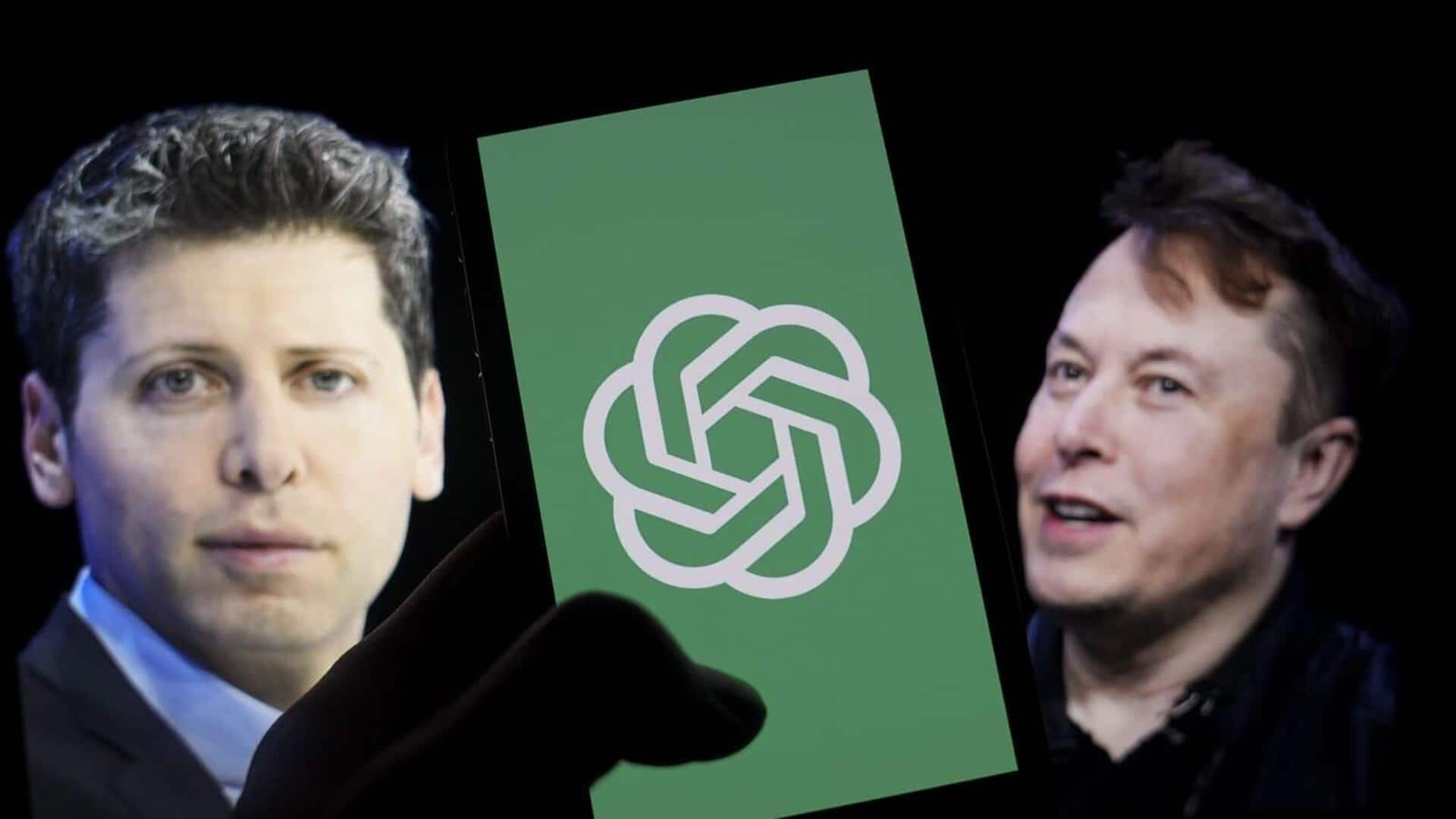
US court rejects Musk's attempt to block OpenAI's for-profit shift
What's the story
A US federal judge has thrown out Elon Musk's attempt to stop OpenAI from becoming a profit-driven company. The court said the plaintiffs "failed to meet their burden of proof for the extraordinary relief requested." However, other elements of Musk's lawsuit against the artificial intelligence startup he co-founded with Sam Altman and others can move forward, the filing said.
Legal dispute
Musk's legal battle with OpenAI started last year
In November 2024, Musk's attorneys, his start-up xAI, and former OpenAI board member Shivon Zilis, sought a preliminary injunction against the company's profit-driven pursuits. The request escalated the legal battle that started when Musk sued OpenAI in March 2024 for breach of contract and fiduciary duty. The case was transferred from state court to federal court where Musk broadened his complaint to include antitrust violations by Microsoft and OpenAI.
Counter allegations
OpenAI's response to Musk's claims
Responding to Musk's accusations, OpenAI said in December 2024 that in 2017, he "not only wanted, but actually created, a for-profit" as the proposed new structure for the company. The AI start-up also announced its plan to establish a public benefit corporation in 2025 to oversee commercial operations under its new profit-driven structure. This would lift some of its nonprofit restrictions and allow it to operate more like a high-growth start-up.
Acquisition attempt
Musk's investor group bids for OpenAI control
Last month, Musk-led investor group offered to take control of OpenAI for $97.4 billion. The bid was aimed at the nonprofit organization that governs the company. After the move, Musk's attorney Marc Toberoff said, "It's time for OpenAI to return to the open-source, safety-focused force for good it once was." However, Altman rejected the offer as Musk's attempt to "slow down a competitor."